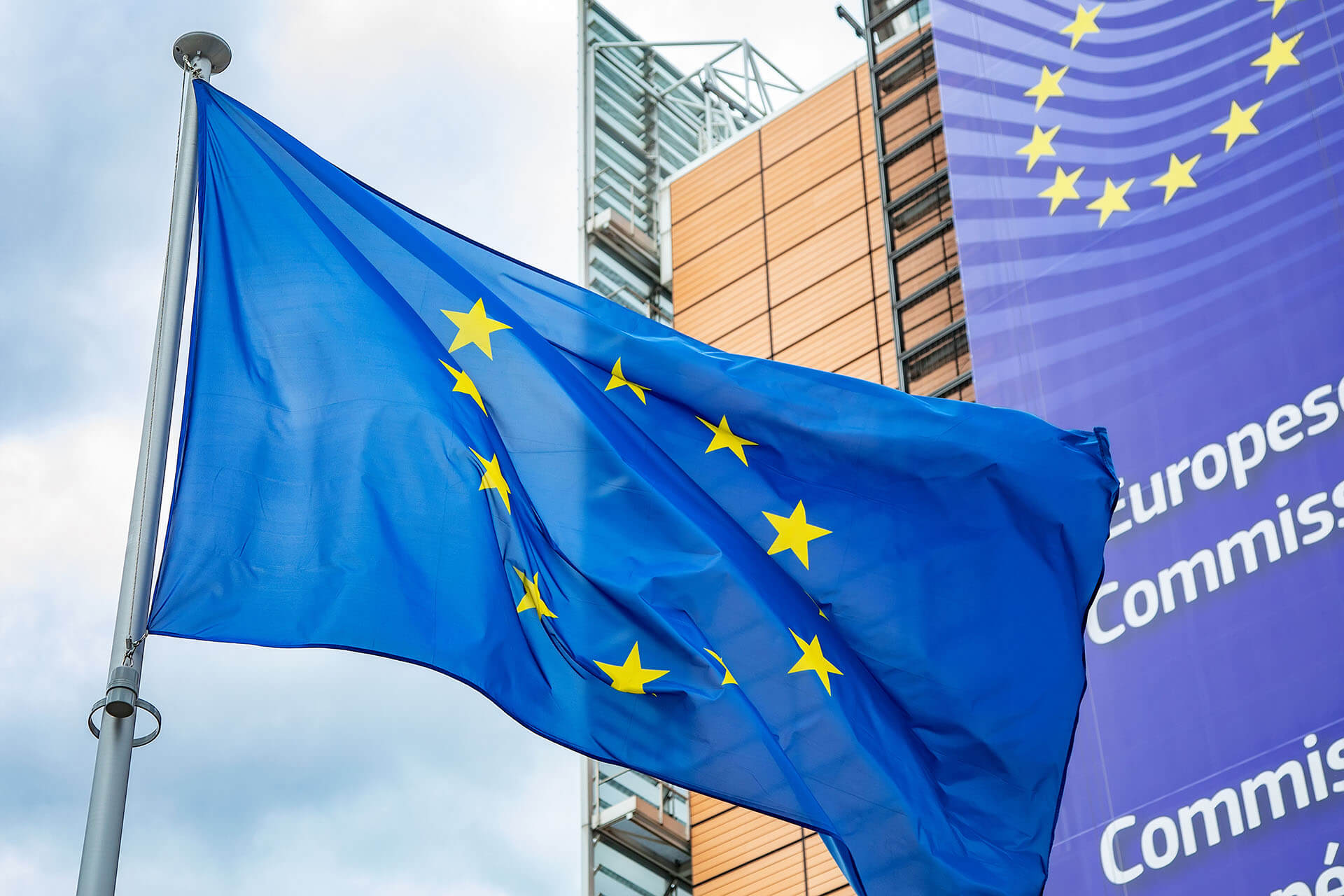Key Points
- The European Union revised its visa suspension mechanism through a new political agreement
- Changes include broader grounds, lower thresholds, and faster response timelines
- The regulation will take effect 20 days after publication in the EU Official Journal
Overview
On June 17, 2025, the European Parliament and Council reached a provisional agreement to strengthen the European Union’s (EU) visa suspension mechanism, initially proposed by the European Commission in October 2023. The revised framework introduces more flexible and rapid procedures to respond to emerging challenges associated with visa-free travel, including irregular migration flows, misuse of investor citizenship schemes, and hybrid security threats.
The updated mechanism allows the European Commission to suspend visa-free travel from third countries more easily by lowering the thresholds required to trigger such measures. New criteria include insufficient cooperation on the readmission of irregular migrants, significant increases in unfounded asylum applications, and the presence of third-country investor citizenship programs that may compromise EU internal security.
The Commission will now publish regular monitoring reports for countries benefiting from visa-free travel, flagging any developments that may necessitate future action. The revised framework enables faster implementation of suspensions in response to evolving risk factors, improving the EU’s ability to maintain control over its external borders while protecting the integrity of the Schengen area.
While the new regulation must still undergo formal adoption, it is expected to take effect 20 days after its publication in the Official Journal of the European Union.
Looking Ahead
Countries currently enjoying visa-free access to the EU should closely monitor compliance with EU standards, particularly in areas related to migration control and security cooperation. Governments and mobility stakeholders should prepare for increased scrutiny and the possibility of more frequent or rapid suspensions. Once in effect, the revised mechanism will enhance the EU’s capacity to respond to threats and migration pressures with minimal delay. Legal and immigration professionals should stay alert for further implementation details following the regulation’s formal adoption.






